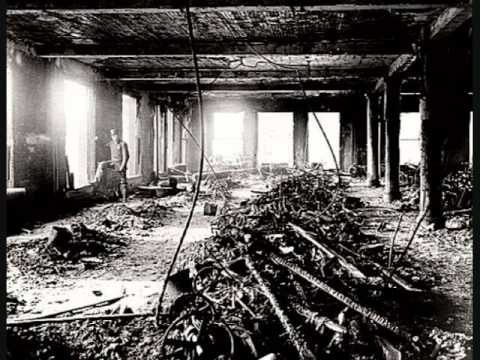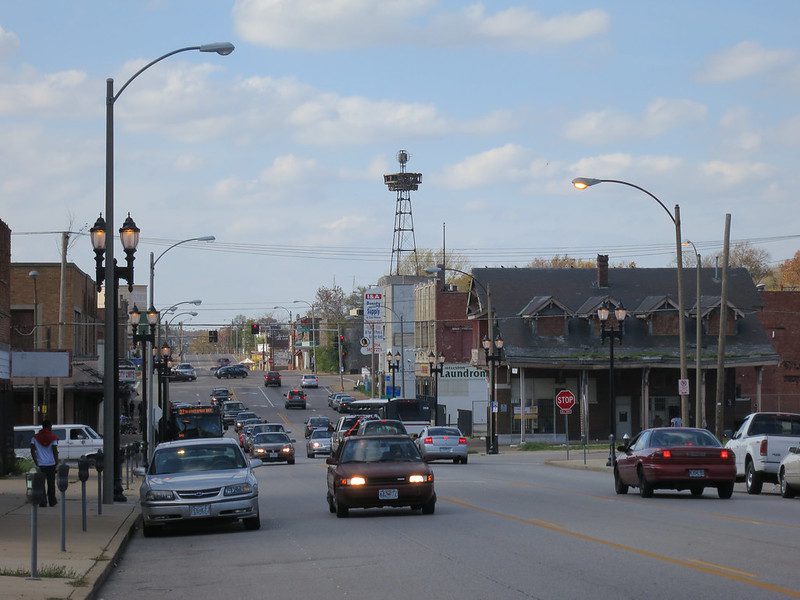A year and half ago Donald Cohen and I created the Cry Wolf Project to expose how business organizations and conservative politicians repeatedly evoked the claim “job killer” to fight financial regulation, ending subsidies to banks offering student loans, OSHA reform, labor law, auto safety, and almost every attempt to legislate progressive ideas.
We’ve researched and written many pieces showing how businesses “cried wolf” about impending economic doom on issues including social security, paid family leave, health care, taxes on the rich, clean air, and many other popular laws and regulations.
In anticipation of the 100th Anniversary of the Triangle Shirtwaist Fire today we went back into the public record to find out if business interests were using the same “job killer” claims about workplace health and safety reforms proposed after the tragic fire that killed 146 garment workers. They were and you can read their quotes and statements here in this Cry Wolf Quote Backgrounder.
We are proud that our articles and research on the Triangle Fire has been picked up by others. First, The New Republic published The Fire Last Time. The Los Angeles Jewish Journal published this version, Lessons learned from the Triangle Waist factory fire, that described the critical role of Jewish immigrants, faith leaders, and labor organizers in the strikes before the fire and the reform movement that followed.
Our New Republic article was reposted on AlterNet, Truthout, Huffington Post, and elsewhere. It was cited in a great piece in Dissent magazine.
Harold Meyerson wrote The Mind-set that survived the Triangle Shirtwaist Fire in The Washington Post that gives a compelling history of the fire and how anti-government rhetoric continues today. The National Labor Committee produced this video comparing the Triangle tragedy with conditions in contemporary sweatshops:
Labor Secretary, Hilda Solis, published this fantastic article, What the Triangle Shirtwaist Fire means for workers now, in last weekend’s Washington Post.
We’re also proud of our new partnerships with national organizations including Media Matters, Public Citizen, the National Council for Occupational Safety and Health and Green for All that are using our research in their reporting on the anniversary.
Remembering the Triangle Fire 100 Years Later is the first in a series of items Political Correction, Media Matters’ blog, will be publishing in conjunction with the Cry Wolf Project on the history and legacy of the Triangle Fire in commemoration of the fire’s 100th anniversary. The New York Committee for Occupational Health and Safety has produced a fantastic brochure about the Triangle fire and its lessons for today.
If you want to learn more about our project, visit our new Cry Wolf Project Blog. We’ll launch our website in next two months, but in the meantime, visit our Facebook page.





Comments